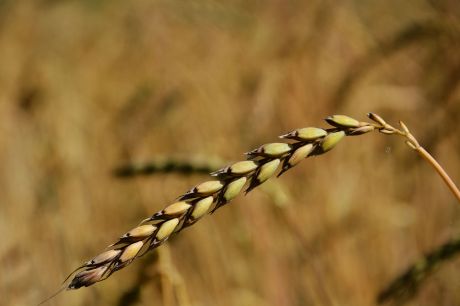
The research community and food sector are continuously looking for ways to improve the quality of foods. An EU initiative is exploring various methods that offer potential for healthier foods.
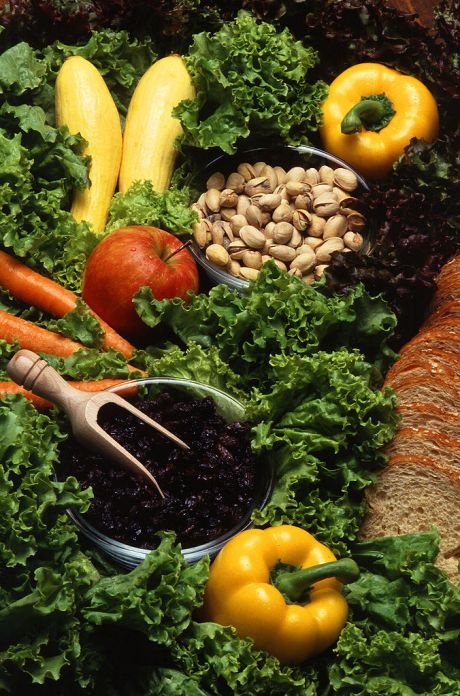
Refrigeration technology stakeholders worked together to research and develop new technologies for more efficient energy usage and food storage.
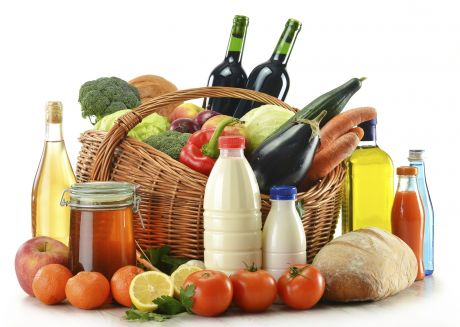
Over 80 million Europeans are currently at risk of poverty (ROP), and thus more likely to suffer from diseases related to poor nutrition. EU-funded researchers worked to develop novel food products that are nutritionally correct as well as affordable.
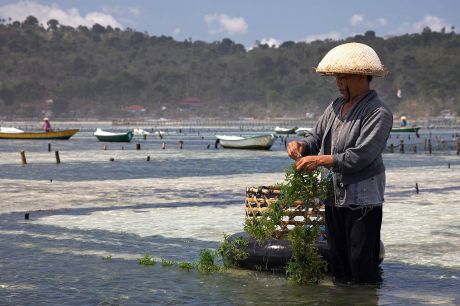
A research consortium has investigated several species of seaweed as replacements for salt in processed foods.

EU researchers have developed an advanced food packaging system that reduces food waste and contamination, and limits the future environmental costs of packaging materials.
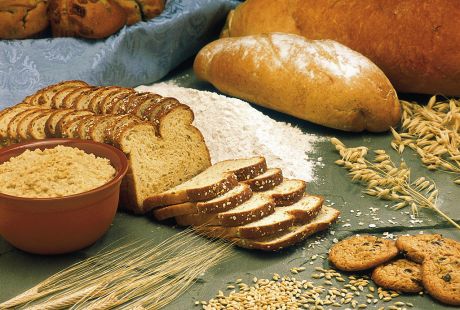
Bread products are in demand every day of the year, and this high demand has changed breadmaking industry processes. Researchers are working to improve the specialised equipment called climatic chambers.
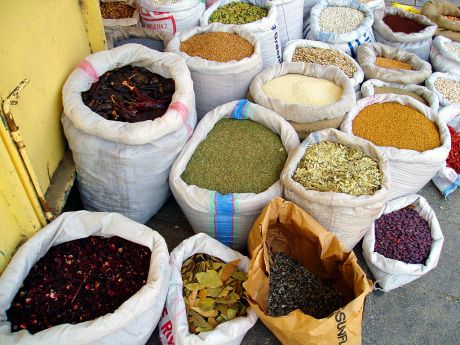
The dried food industry in Europe is in decline because of mounting concerns over quality and consumer demands. An EU initiative aims to reverse the trend and boost competitiveness by developing innovative technology to dry products while maintaining quality.
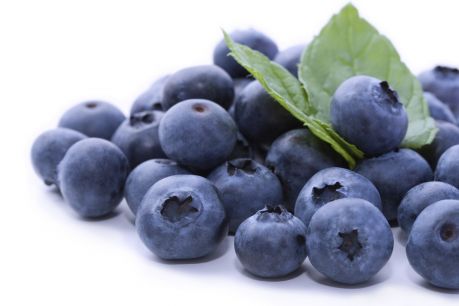
An EU team is developing smart packaging for food that visually responds to chemical and temperature changes indicating spoilage. A combination of materials and sensors detect ethanol and other substances and report to special scanners.
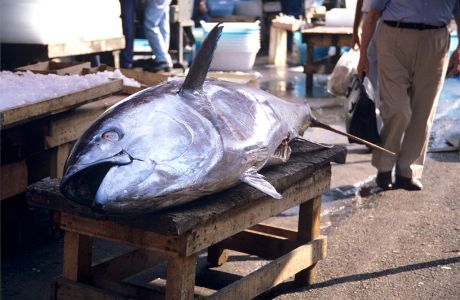
Europe's fish biologists have investigated the gregarious behaviour of tuna around floating objects. This information will contribute to sustainable fisheries management.
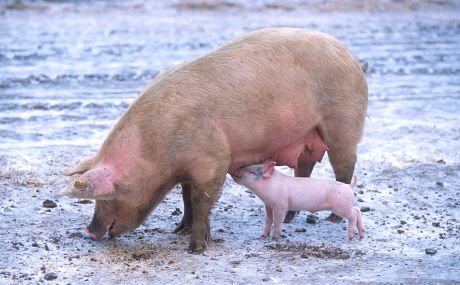
An EU-funded project has validated new technologies for reducing pathogen, reducing mortality and improving life-time growth performance, maternal immune transfer and meat quality in pig and poultry.
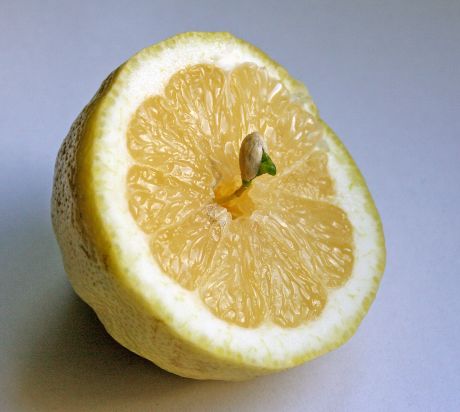
European researchers have investigated a highly significant biochemical process in plants that when modified will improve cropping – glycosylation.
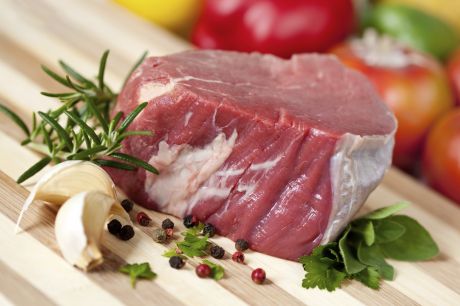
An automated meat quality assessment method may add value to mechanically deboned meat products, by re-classifying them according to their quality.
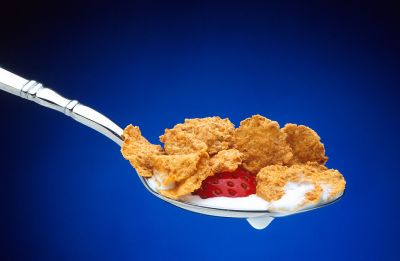
Nutrition-related diseases are responsible for millions of lost healthy life years. EU-funded research is working to reduce this burden through a study of the interplay and impact of the main drivers of dietary behaviour and food choice.
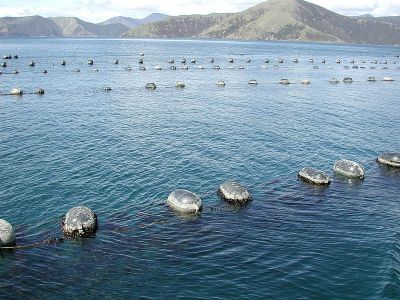
The European mussel industry has been held back by substandard product qualities, which leads to increased wastage. Scientists used new technology and best practices to overcome challenges in the supply chain, thus minimising wastage and improving profitability.
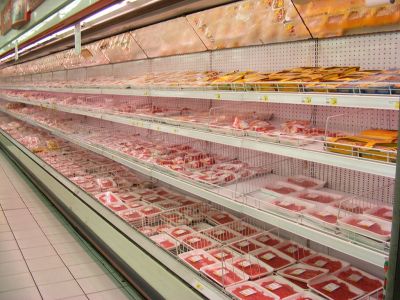
Despite stringent safety and hygiene standards, meat and poultry products can be vehicles for food-borne illnesses. A nine-member EU-funded consortium is developing a new decontamination process for packed meats to ensure meat safety without compromising taste and nutritional content.
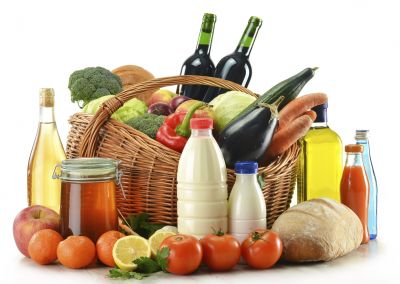
Researchers have developed new technologies to monitor and control food contamination during processing, without compromising taste or nutritional value.
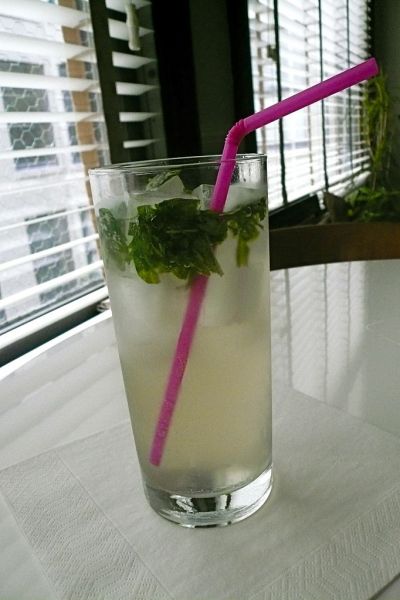
Enriching commonly consumed foods with bioactive ingredients may help promote health and curb disease risk. To support such product innovation, PATHWAY-27 will define best practice from food conception to health impact testing and claims dossiers.
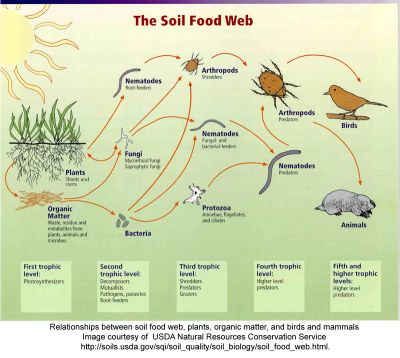
Consumers are becoming increasingly aware that the type of food they choose to buy and where it comes from impacts their health, the environment, local economies and societies. An EU initiative is analysing global and local food supply systems and their performance.
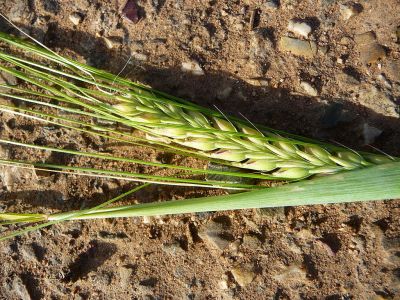
The European Food Safety Authority (EFSA) has recognised the health benefits of barley, from cardiovascular disease and diabetes to high blood pressure and certain types of cancer. An EU initiative is utilising new technology and innovative techniques to increase the availability of healthy foods made of this food grain.
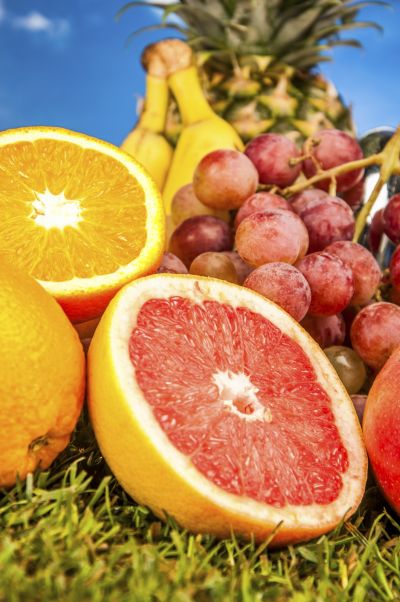
An estimated one third of global food production is not consumed. An EU initiative is working towards a 50 % reduction in EU food waste by 2020.
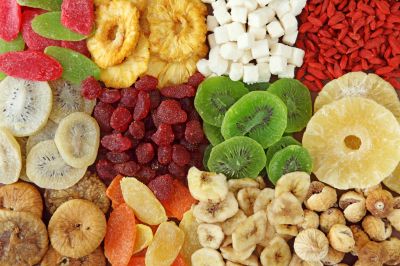
Drying heat-sensitive foods in order to produce high-quality products is a challenge. An EU initiative has delivered a novel food-drying technology to achieve faster drying times and reduced energy consumption.
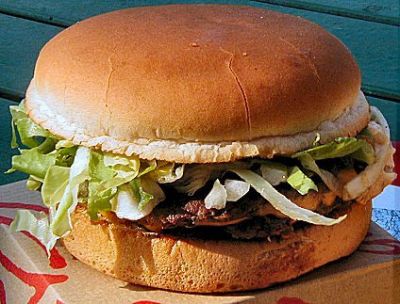
Food preservation techniques can lower quality and nutritional value. An EU initiative has developed novel conservation techniques to increase shelf-life without compromising quality and freshness for a range of foods.
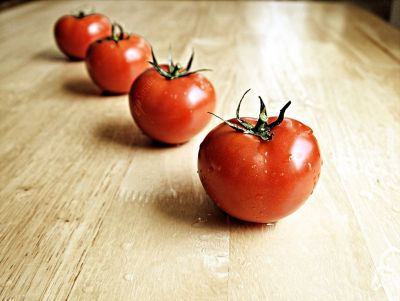
Sixteen partners from European and South American research institutes and companies are looking into environmentally friendly ways to create new bio-products from fruit and vegetable by-products.

Parasitic fungi that devastate food crops such as wheat seriously impact global food security. Plant pathologists investigated the interaction between a pathogenic fungus and its wheat host in order to improve the host's defence response.

The RESFOOD project is looking for ways to make food production, cleaning and processing more water, energy and resource efficient.
























